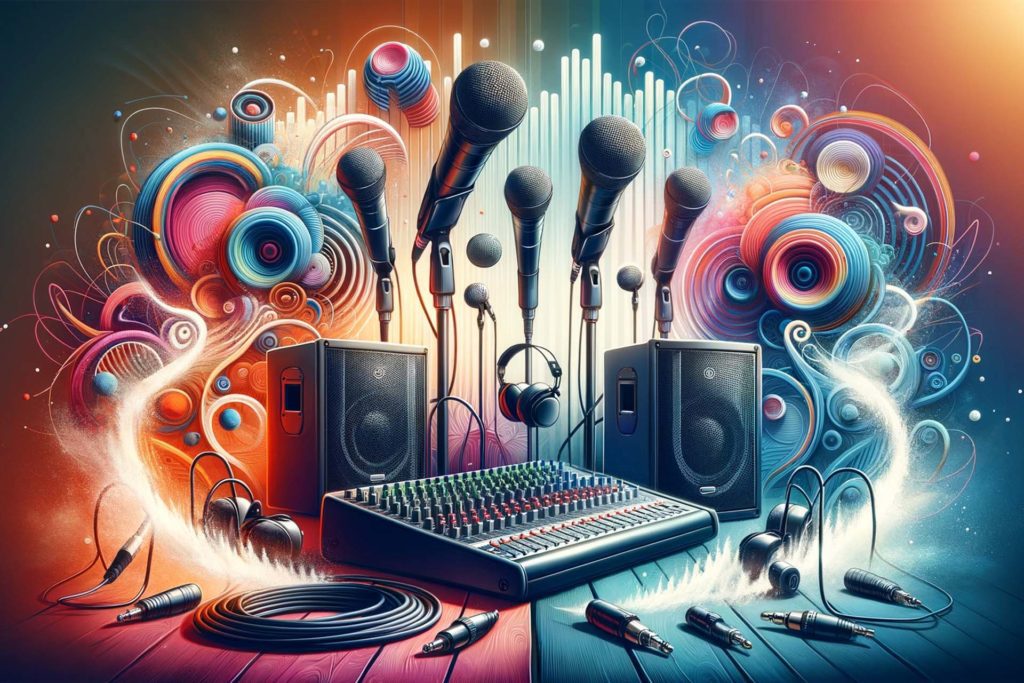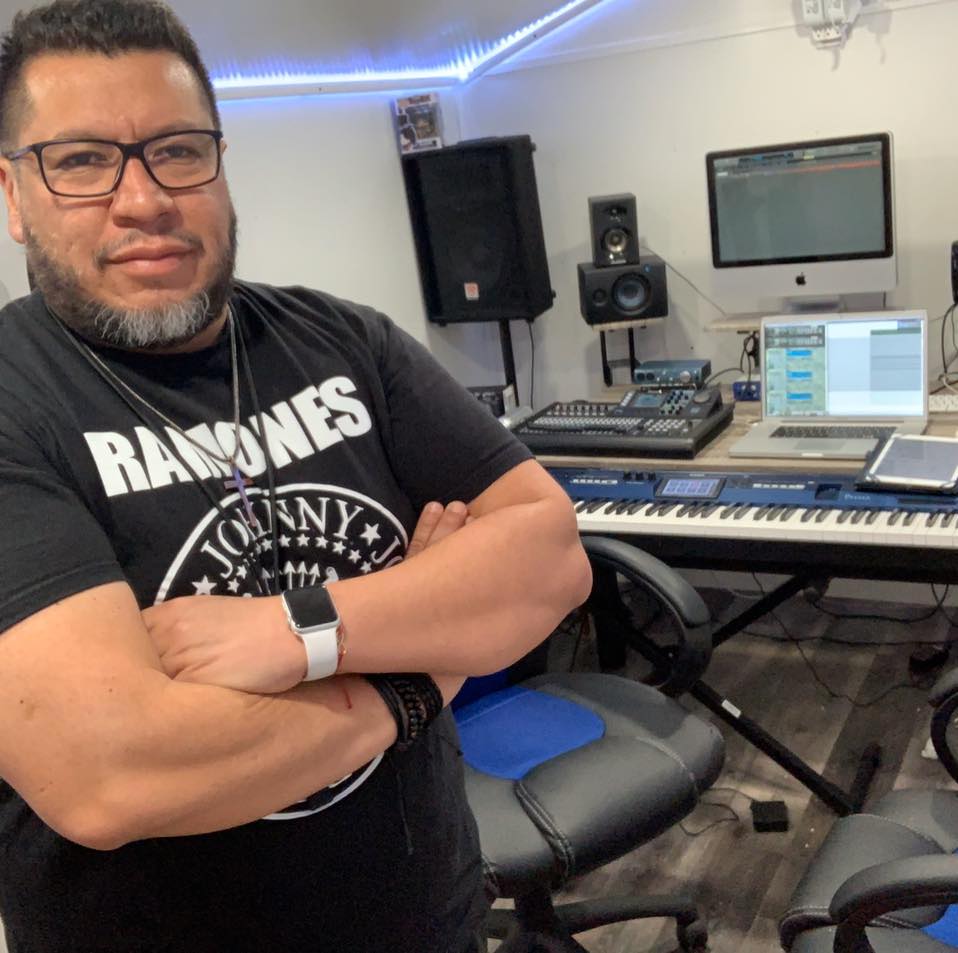
When planning an event, whether it’s a private party, corporate conference, or live concert, one of the most critical elements to its success is the sound equipment. Sound quality can make the difference between a memorable event and one that attendees will soon forget. However, choosing the right sound equipment can be a challenging task, especially if you are not an audio expert.
In this article, we will guide you through the key aspects to consider when selecting sound equipment for your next event. Whether you’re hosting a small intimate gathering or a large live show, these tips will help ensure that the sound is impeccable and that everyone present has an exceptional listening experience.
The first step in choosing the right sound equipment is to evaluate the size of the venue and the type of event you are hosting. These two factors play a crucial role in determining what type of sound setup best suits your needs.
If you’re planning a private party at home, you may only need a compact sound system with portable speakers offering up to 1000W of power. On the other hand, if you are hosting a conference at a large convention center or an outdoor concert, you will need a much more powerful sound system that can provide up to 5000W of power and cover a wide area.
The type of music that will be played at your event will also influence the choice of sound equipment. Different music genres have different sound requirements. For example, classical music may require speakers with a precise frequency response of 40Hz to 20kHz to capture all the nuances, while electronic music may require powerful subwoofers capable of providing deep bass up to 30Hz.
In addition to the size of the venue and the type of music, you should consider the specific sound needs of your event. Will you have speeches or presentations? In that case, high-quality wireless microphones will be required for presenters. Do you need stage monitors so musicians can hear themselves clearly? This will require a monitoring system with at least 4 channels and a power of 1000W.
The size of the venue where your event will be held is one of the crucial factors when choosing sound equipment. A sound system that is suitable for a small venue could be lost in a larger space, and on the other hand, a system that is too powerful in a small venue could be overwhelming. Here are some general guidelines for evaluating venue size:
Small Spaces and Event Halls: For events in small spaces, consider sound systems with a power of 1000W to 2000W. This will provide adequate coverage and a satisfactory sound experience.
Medium Venues: For medium-sized venues, such as nightclubs or concert halls, a sound system with a power of 2000W to 4000W is appropriate. This will ensure that the sound reaches every corner of the place.
Large Spaces and Outdoors: In large or outdoor venues, you will need a powerful sound system with a power of at least 4000W or more. This will ensure that even attendees in the back enjoy quality sound.
In addition to size, take into account the acoustics of the place. Some locations may have excellent natural acoustics, while others may be problematic due to sound reflection. In cases of poor acoustics, you may need sound processing equipment, such as equalizers and dynamics processors, to adjust and improve audio quality.
The choice of the type of speakers is also essential. There are two main types of speakers used at events:
Full Range Speakers: These speakers are ideal for events where you need high-quality audio reproduction across the entire sound spectrum, from bass to treble. Look for speakers with adequate power ratings and wide frequency response for accurate reproduction.
Subwoofers: If your event includes music with deep bass, such as electronic music, subwoofers are essential. Make sure the subwoofers have enough power and bass frequency response capabilities.
When choosing speakers, consider technical specifications such as power rating, frequency response, and sound dispersion. These specifications will determine how well they will fit your event venue.
Proper speaker positioning is crucial to achieving uniform sound coverage in your venue. Consider the layout of your main speakers and whether you need stage monitors for musicians or presenters. An experienced sound technician can help you design the optimal layout.
In this article, we have explored the key factors for selecting the right sound equipment for your event. From the size of the venue and type of music to specific sound needs, it is essential to consider a variety of factors to ensure an exceptional listening experience. Choosing the right sound equipment will ensure that your event is remembered for its impeccable sound quality.
Stay tuned for more information on how to perfect sound quality at your next event!
We work with music bands of any size, soloist, and instrumentals to provide communities with high quality events.
